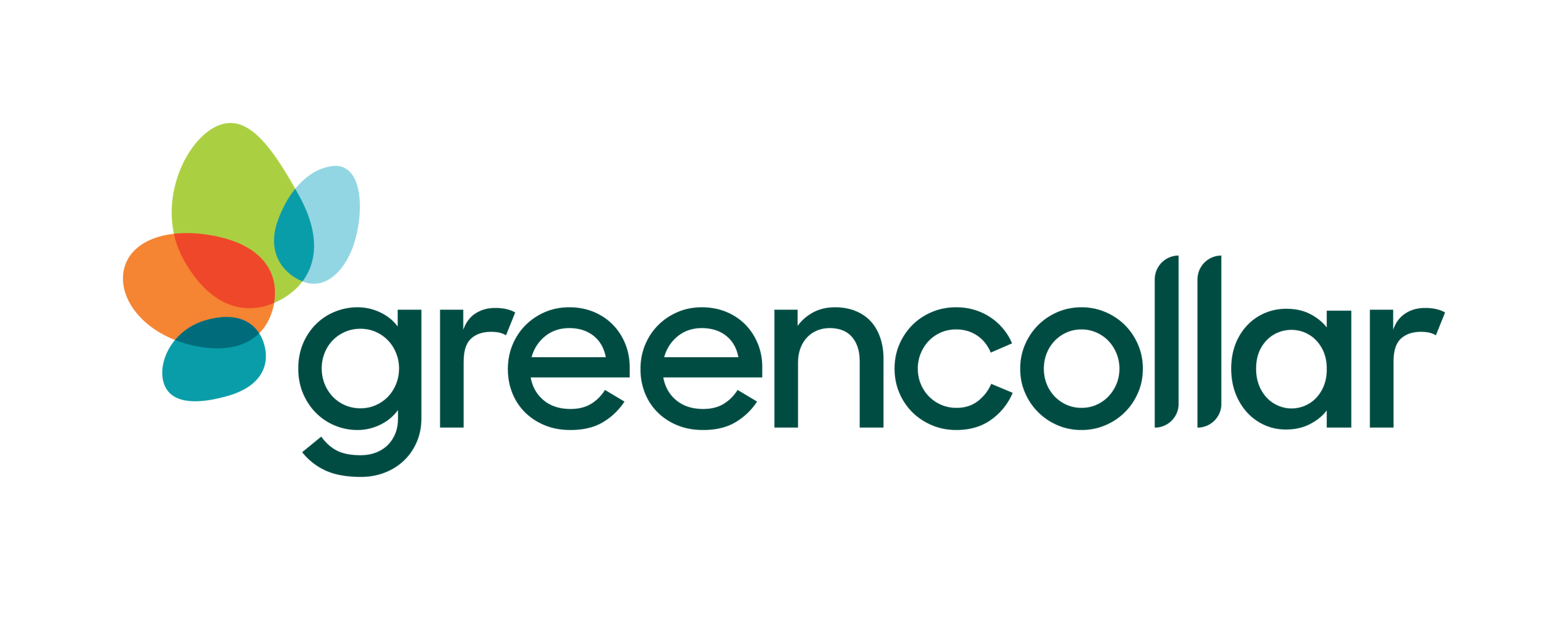Cameron and Michelle Maclean from Merluna Station in Far North Queensland are implementing a Savanna Fire Management project in partnership with GreenCollar.
Merluna Station spans about 169,000 hectares and is nestled in the heart of Cape York, roughly 120 kilometres southeast of Weipa.
Tell us a little about you, your property, and your enterprise?
We (Cameron & Michelle) took over the lease at Merluna Station in 2004 along with our three Children Sammy-Jo, Holly & Clay.
We run two businesses at the station – we raise beef cattle, and also run accommodation and camping facilities for tourists seeking an authentic Cape York experience. We take real pride in our traditional station cooking and extend warm country hospitality to all our visitors. You can find more information about our offerings on our website – www.merlunastation.com.au.
Much of the land, like many parts of Cape York Peninsula, remains undeveloped. Around the homestead, we’ve erected fences and manage a herd of about 500 ‘paddock’ cattle with more roaming freely across the property – as is common in Cape York.
We are particularly passionate about the ‘Grazing Naturally’ philosophy and over the past five years have made significant strides in adopting this approach. We’ve eliminated the use of chemicals such as pesticides, herbicides, and drenches on both our pastures and animals. Instead, we’ve shifted towards an organic operation that emphasises maintaining the land’s delicate balance.

Why did you decide to run a carbon project?
The landscape of Cape York is very susceptible to late dry season wildfires. Unfortunately, we’ve also experienced the impact of arson in our area, which resulted in extreme wildfires in the dry season.
Hot wildfires are a big problem because they jump roads and creeks and are impossible to control or put out. They can be dangerous, and continuous hot fires can have a devastating effect on the country & wildlife, which was the case before the savannah burning carbon project.
Our carbon project works to prevent late dry season wildfires by carrying out preventative cool burns in the early dry season. This which reduces the chance for late season wildfires and reduces the carbon emissions produced by hot wildfires.

Image source: Merluna Station
What are three benefits you are looking forward to from running a carbon project on your property?
Firstly, it has allowed us to reinvest and make a change in our business. The greatest benefit of the carbon project has been the extra income, which has allowed us to have financial security while transitioning to the grazing naturally approach.
While transitioning to grazing naturally we experienced periods of lower productivity, where our calving rates were down, and our cattle condition changed as we moved away from chemicals and followed a more natural and organic approach. It has taken us about five years for our productivity to reach levels similar to what we had before the change. Having the security of carbon income allowed us to ride through this period without too much worry.
We can see the good natural balance the carbon project creates, as the cool burning is less damaging on land than hot fires. Nowadays we’re seeing better pastures with some areas opening up and growing more grass since the carbon project began.
The carbon income has also given our family financial stability. We’ve been able to breathe a little easier, with the confidence that money is coming in, and this is a big relief after 30 something years on the land.

Image source: Merluna Station
What are you looking forward to in the future?
I am looking forward to seeing what the next generation achieves here at the station. All three of our children and their families are still on the land and in the cattle industry.
One of our families’ goals is to make our operation carbon neutral, and one of the benefits of cool burning is that it’s helping us reduce emissions. Being involved in this project allows us to make changes, to transition, and over a period of time we will eventually create an operation that has no emissions.
Most of all, our carbon income gives us hope and security for our family’s future. It shows our children that it’s not too hard to make a life out here, and that they can pursue a career and lifestyle in agriculture and really make something of it.

Image source: Merluna Station

